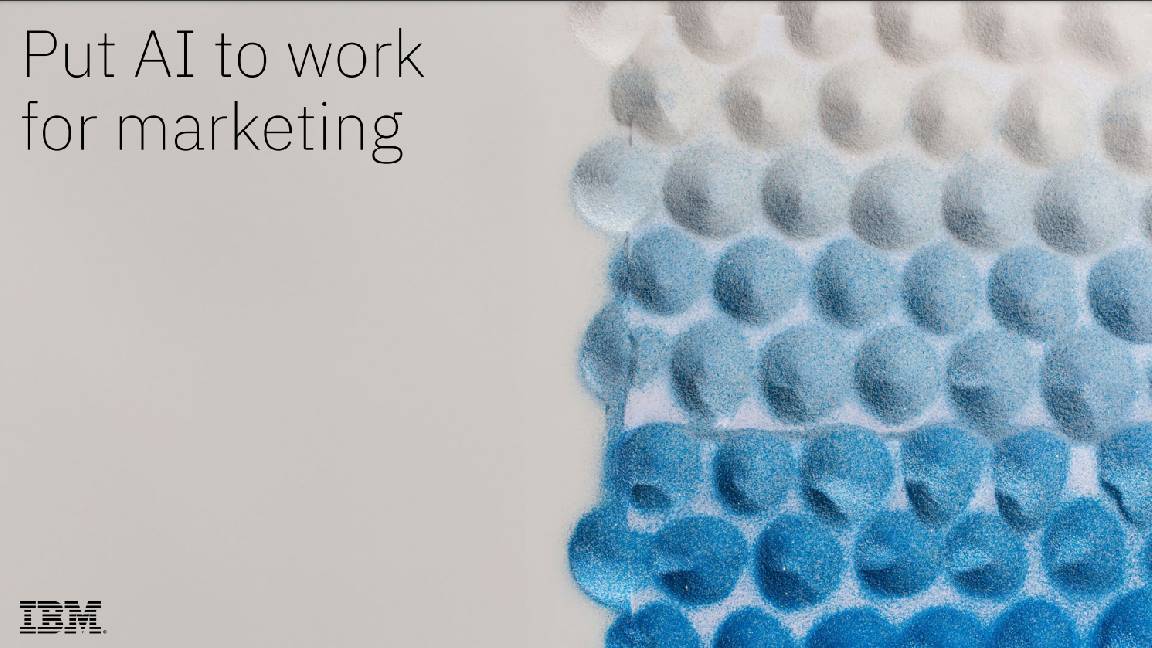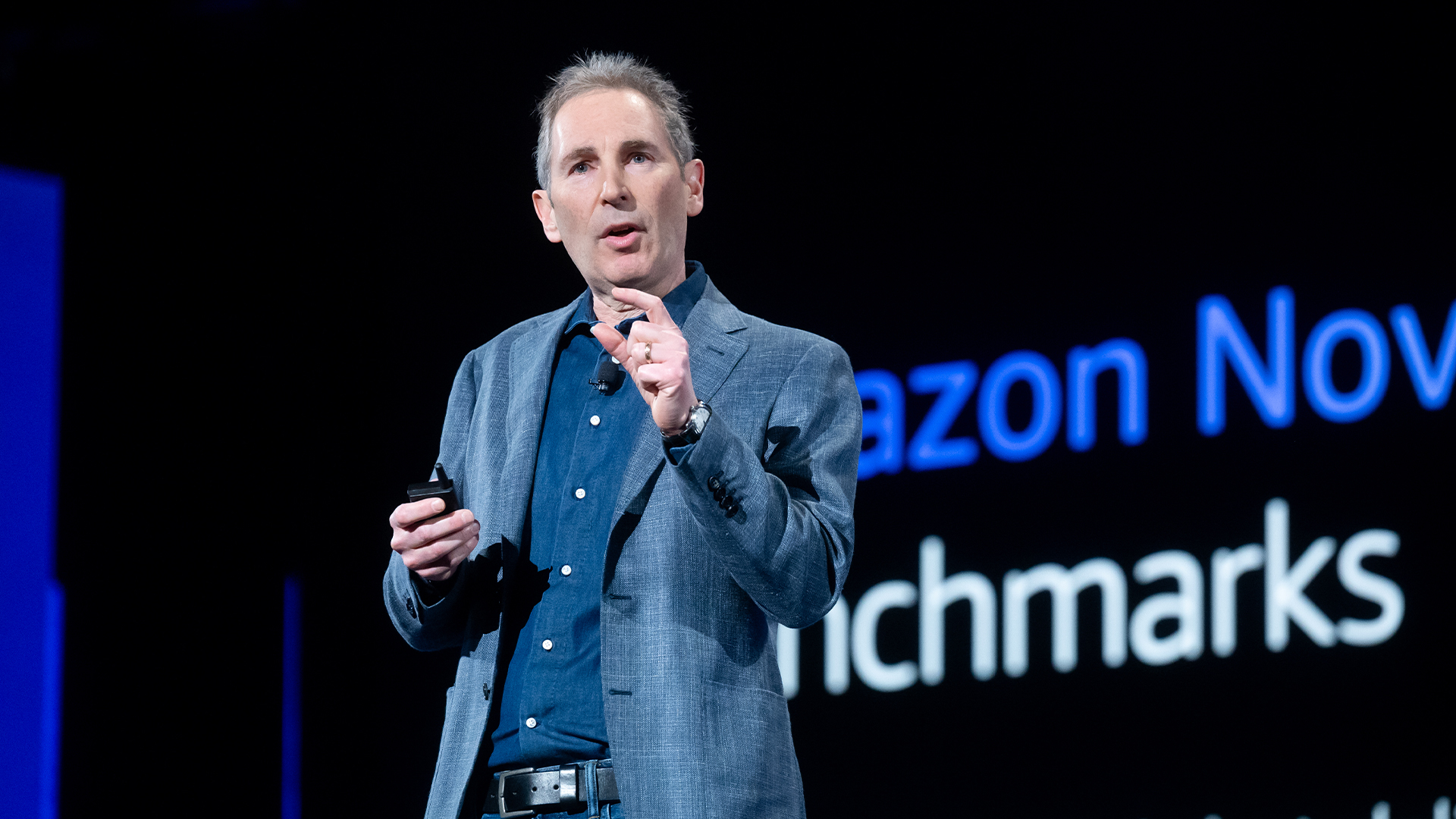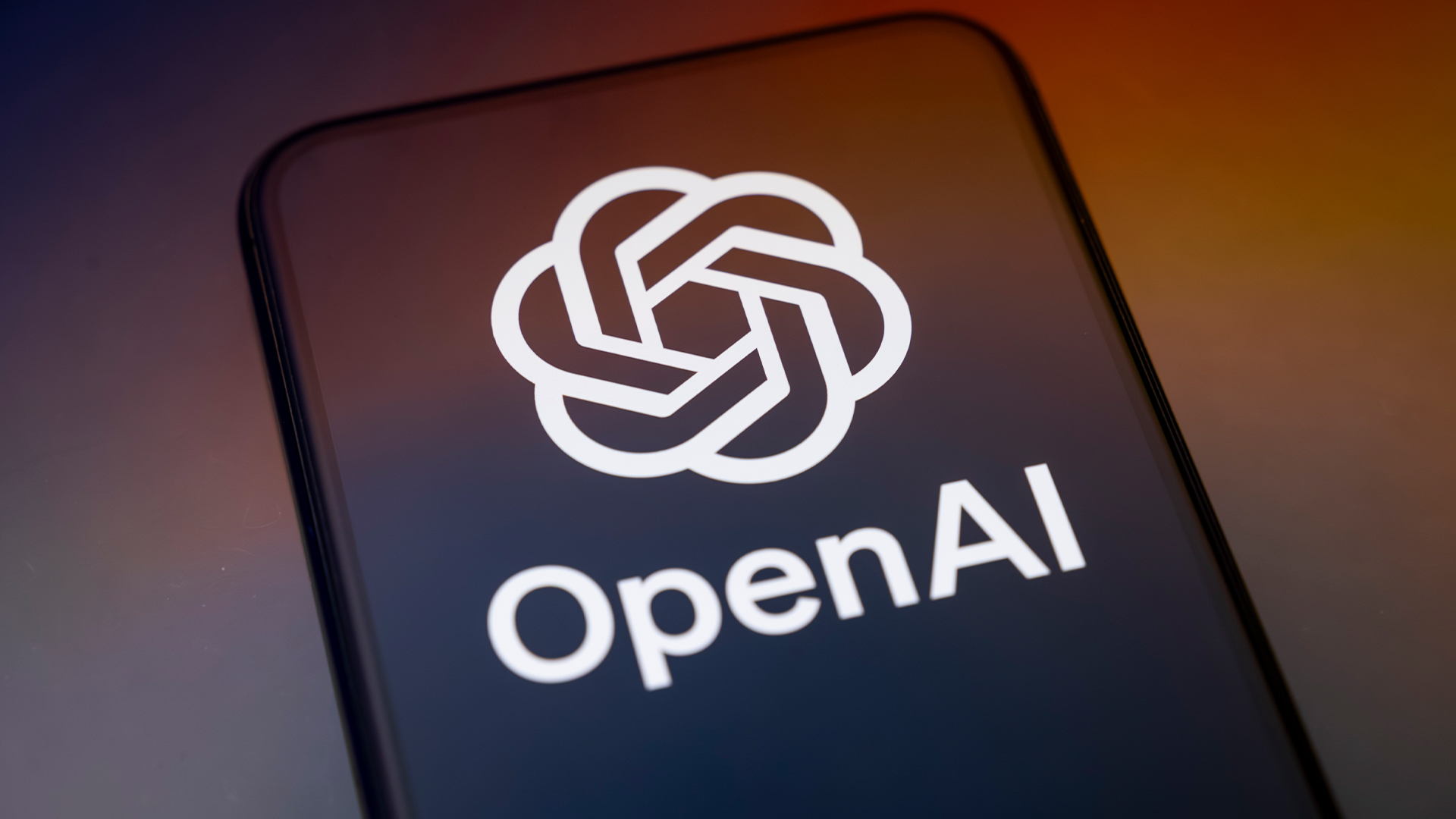OpenAI could go bankrupt in 12 months if it doesn’t raise some serious cash – but is the Microsoft-backed AI giant too big to fail?
OpenAI is hemorrhaging funds as model training and staffing costs begin to skyrocket


Sign up today and you will receive a free copy of our Future Focus 2025 report - the leading guidance on AI, cybersecurity and other IT challenges as per 700+ senior executives
You are now subscribed
Your newsletter sign-up was successful
OpenAI could be on the brink of collapse with projected losses totaling $5 billion, according to analysis conducted by The Information that drew on previously undisclosed financial information.
This means the AI trailblazer could be on track to go bankrupt within the next 12 months, with details from the report putting OpenAI way out ahead in spending compared to counterparts in the generative AI space.
Its training and inference costs could reach as high as $7 billion this year, with an additional $1.5 billion in spending on staff (via X). This is in stark contrast with Anthropic, which has been projected to spend $2.7 billion.
OpenAI’s spending has been a recurring talking point over the last 18 months, with industry analysis underlining the steep costs associated with building and maintaining its flagship services such as ChatGPT.
Estimates put the cost of keeping ChatGPT up and running at nearly $700,000 ($694,444) a day in 2023.
By comparison, the firm’s revenue is just shy of $3.5 billion, creating potentially untenable margins for the company and prompting some industry analysts to question its entire business model.
OpenAI is reported to receive discounted access to Microsoft’s Azure cloud services as part of its relationship with the tech giant. Microsoft has also invested billions of dollars in the startup over the last two years yet despite this concerns are rising over the company's long-term viability.
Sign up today and you will receive a free copy of our Future Focus 2025 report - the leading guidance on AI, cybersecurity and other IT challenges as per 700+ senior executives
OpenAI’s identity crisis is part of a brewing industry-wide problem
While OpenAI’s financial trouble centers around exorbitant operating costs, questions over its current predicament come amidst a period of wider concern in the AI industry.
Increasingly, industry stakeholders have begun questioning whether there are demonstrable returns on investment (ROI) and pointing toward a lack of clearly defined use-cases.
A recent study from software firm Ardoq found that ROI on adoption of technologies such as generative AI is often viewed as a “finger in the air” exercise among senior tech leaders.
This research pointed toward a prevailing sense of cynicism about the benefits of technologies such as generative AI, with only one-third of organizations achieving a tangible return on investment within the first 12 months.
RELATED WHITEPAPER

Simon Bain, CEO of Omnilndex, told ITPro many tech leaders are beginning to acknowledge the reality of this, noting that AI’s “jack of all trades approach has failed”.
“While the flashy demos and impressive chat initially captured the headlines and free users, they have not provided many (if any) actual business solutions. As such, people have seen no reason to pay for it,” he added.
Getting value out of generative AI as an enterprise user is difficult and, with costs mounting up, many are starting to worry and opt for caution. As Dom Couldwell, Head of Field Engineering at DataStax, told ITPro it’s “hard work” getting to production.
“Until people … actually get to production and the business side actually sees the value, we're going to have this gap, and no one knows quite how long that gap's going to last,” Couldwell added.
Mark Rodseth, VP for technology, EMEA, at CI&T echoed Couldwell’s comments regarding ROI, noting that the technology “still needs to prove its worth”.
“Because AI is still in its early stages, proving ROI can be challenging – both to external and internal stakeholders,” he said. “But this doesn’t mean companies should stop embracing AI.

George Fitzmaurice is a former Staff Writer at ITPro and ChannelPro, with a particular interest in AI regulation, data legislation, and market development. After graduating from the University of Oxford with a degree in English Language and Literature, he undertook an internship at the New Statesman before starting at ITPro. Outside of the office, George is both an aspiring musician and an avid reader.
-
 Redefining risk management
Redefining risk managementSponsored Podcast With a Risk Operations Center (ROC), leaders can proactively crack down on cyber risks instead of simply reacting to them
-
 Anthropic promises ‘Opus-level’ reasoning with new Claude Sonnet 4.6 model
Anthropic promises ‘Opus-level’ reasoning with new Claude Sonnet 4.6 modelNews The latest addition to the Claude family is explicitly intended to power AI agents, with pricing and capabilities designed to attract enterprise attention
-
 OpenAI's Codex app is now available on macOS – and it’s free for some ChatGPT users for a limited time
OpenAI's Codex app is now available on macOS – and it’s free for some ChatGPT users for a limited timeNews OpenAI has rolled out the macOS app to help developers make more use of Codex in their work
-
 Amazon’s rumored OpenAI investment points to a “lack of confidence” in Nova model range
Amazon’s rumored OpenAI investment points to a “lack of confidence” in Nova model rangeNews The hyperscaler is among a number of firms targeting investment in the company
-
 OpenAI admits 'losing access to GPT‑4o will feel frustrating' for users – the company is pushing ahead with retirement plans anway
OpenAI admits 'losing access to GPT‑4o will feel frustrating' for users – the company is pushing ahead with retirement plans anwayNews OpenAI has confirmed plans to retire its popular GPT-4o model in February, citing increased uptake of its newer GPT-5 model range.
-
 ‘In the model race, it still trails’: Meta’s huge AI spending plans show it’s struggling to keep pace with OpenAI and Google – Mark Zuckerberg thinks the launch of agents that ‘really work’ will be the key
‘In the model race, it still trails’: Meta’s huge AI spending plans show it’s struggling to keep pace with OpenAI and Google – Mark Zuckerberg thinks the launch of agents that ‘really work’ will be the keyNews Meta CEO Mark Zuckerberg promises new models this year "will be good" as the tech giant looks to catch up in the AI race
-
 If Satya Nadella wants us to take AI seriously, let’s forget about mass adoption and start with a return on investment for those already using it
If Satya Nadella wants us to take AI seriously, let’s forget about mass adoption and start with a return on investment for those already using itOpinion The Microsoft chief said there’s a risk public sentiment might sour unless adoption is distributed more evenly
-
 Satya Nadella says a 'telltale sign' of an AI bubble is if it only benefits tech companies – but the technology is now having a huge impact in a range of industries
Satya Nadella says a 'telltale sign' of an AI bubble is if it only benefits tech companies – but the technology is now having a huge impact in a range of industriesNews Microsoft CEO Satya Nadella appears confident that the AI market isn’t in the midst of a bubble, but warned widespread adoption outside of the technology industry will be key to calming concerns.
-
 DeepSeek rocked Silicon Valley in January 2025 – one year on it looks set to shake things up again with a powerful new model release
DeepSeek rocked Silicon Valley in January 2025 – one year on it looks set to shake things up again with a powerful new model releaseAnalysis The Chinese AI company sent Silicon Valley into meltdown last year and it could rock the boat again with an upcoming model
-
 Microsoft CEO Satya Nadella wants an end to the term ‘AI slop’ and says 2026 will be a ‘pivotal year’ for the technology – but enterprises still need to iron out key lingering issues
Microsoft CEO Satya Nadella wants an end to the term ‘AI slop’ and says 2026 will be a ‘pivotal year’ for the technology – but enterprises still need to iron out key lingering issuesNews Microsoft CEO Satya Nadella might want the term "AI slop" shelved in 2026, but businesses will still be dealing with increasing output problems and poor returns.